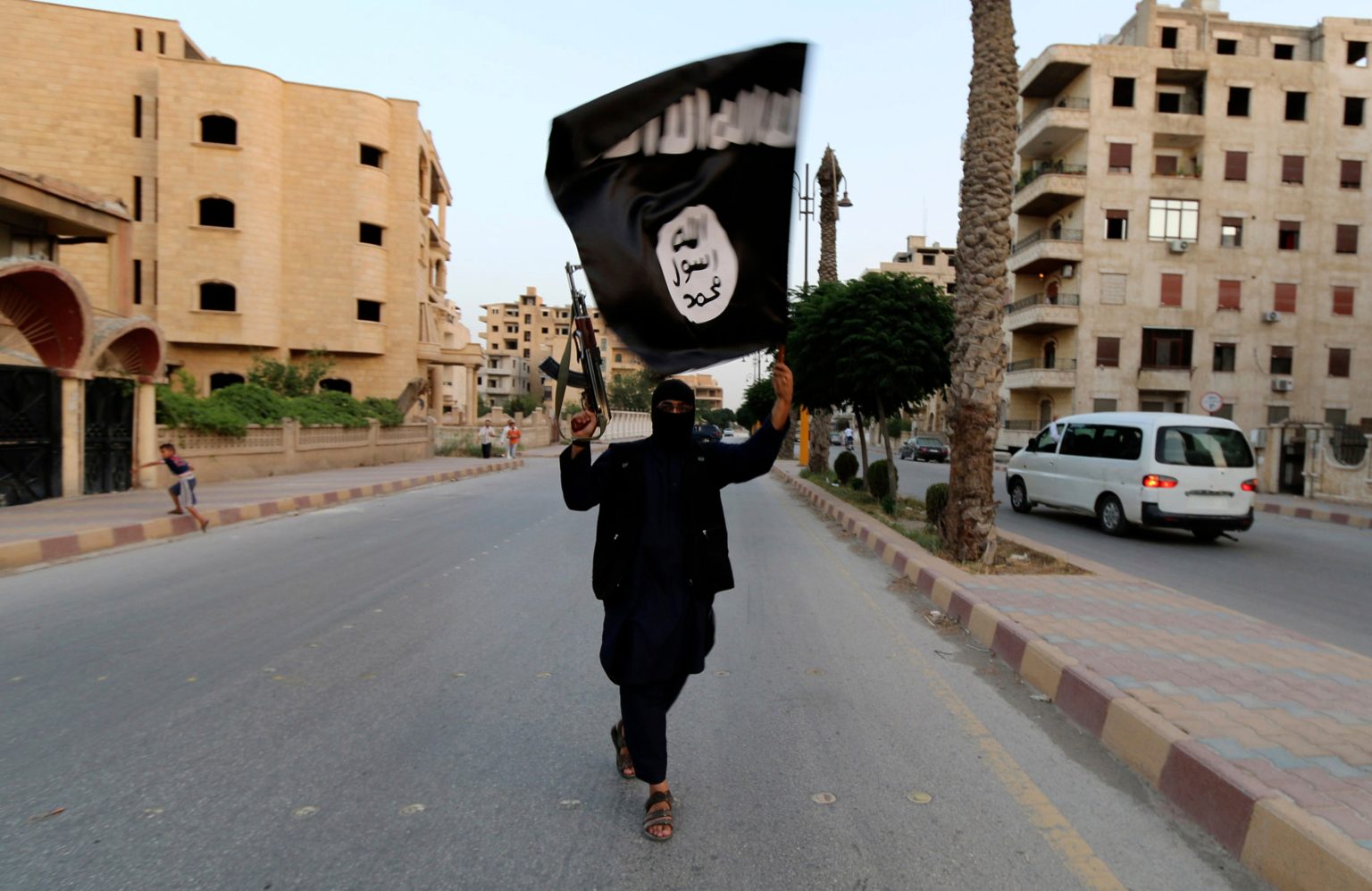The terrorist attack on Moscow’s Crocus City concert hall left 137 people dead and over 180 wounded, serving as a stark reminder that the threat from ISIS and international terrorism is still prevalent. The gunmen, reportedly Tajik nationals, entered the venue and opened fire with automatic weapons, claiming responsibility on behalf of the Islamic State’s Khorasan Province affiliate. This attack highlights the ongoing activity of ISIS, particularly the Afghan chapter, following the defeat of the caliphate in Iraq and Syria by U.S. and Kurdish forces. The Afghan branch of ISIS has been responsible for high-profile attacks, including the Kabul airport bombing that killed 13 American service members in 2021.
Russia’s involvement in Syria, ties to Iran, treatment of Muslim minorities, and past conflicts in Chechnya have made it a target for terrorist organizations like ISIS. The Islamic State in Khorasan Province was formed in 2015 and operates primarily in Afghanistan but has extended its reach into Central Asia and beyond. While sharing some ideologies with the Taliban, ISIS-K poses a threat to the Taliban’s rule and aims to undermine the regime while targeting foreign interests. This attack in Moscow underscores their ability to strike internationally and poses a significant challenge to the Kremlin.
The Afghan National Resistance Front (NRF) has emerged as a key resistance unit against the Taliban in Afghanistan, with the goal of dislodging the Taliban and reinstating the Afghan Republic. The NRF has also been engaged in combat against ISIS-K and other networks, highlighting the complex dynamics of Afghanistan’s security landscape. Despite their efforts, the NRF has struggled to gain international recognition, external support, and financial backing, hindering their ability to effectively confront the Taliban and ISIS-K.
The ongoing conflict in Afghanistan has left the country vulnerable to the influence of terrorist groups like ISIS-K, which have exploited the instability and weak governance to expand their operations. While the Taliban have claimed to restore stability to Afghanistan, armed resistance groups like the NRF continue to challenge their rule. The U.S. Intelligence Community’s threat assessment acknowledges the challenges faced by Afghan resistance groups, citing public war-weariness, fear of Taliban reprisals, and a lack of strong leadership as key obstacles to their success.
As the NRF expands its operations in Afghanistan, intensifying attacks on the Taliban and ISIS-K, their efforts to gain international recognition and support continue. Despite their strength in combat and strategic capabilities, the NRF faces an uphill battle in organizing a unified political opposition to govern Afghanistan without the Taliban. The lack of external backing, financial support, and diplomatic endorsement has hindered their progress, leaving them at a disadvantage in their fight against extremist groups in the region.


